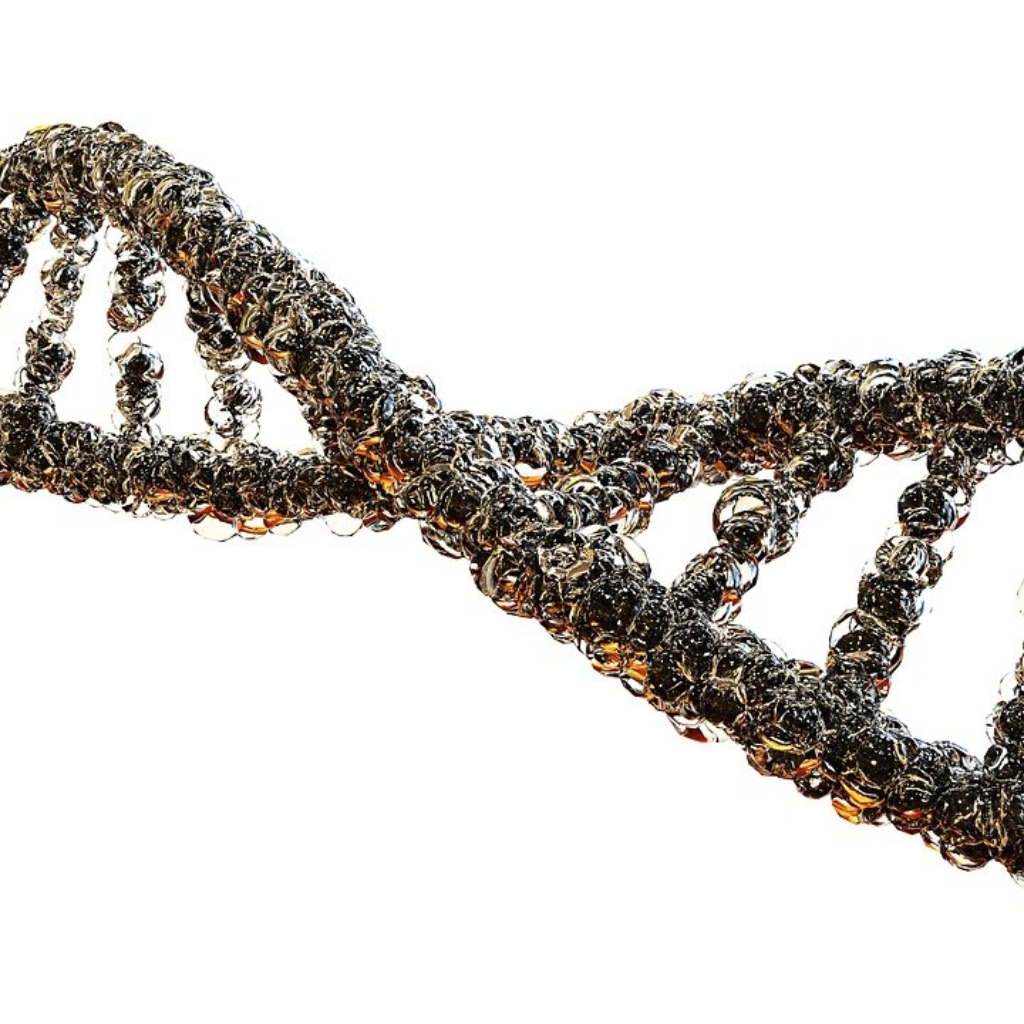Metabolism Myths: Busted!
Myth 1: “I can’t keep weight off because of my metabolism”

“Yo-yo” dieting and regaining weight (often more than where we started) can “reset” the body’s benchmark to a new higher weight. This means that the body learns to reduce its metabolic rate to stay around there. A key reason behind this lies within our gut. The colonies of different helpful microbes that live in our digestive system (that helps break down our food) begin to reduce in diversity over the cycles of dieting and weight gain. On the bright side, this effect is reversible. Having more polyphenols – basically colourful fresh veg, some fruit and wholegrains, and using extra virgin olive oil when cooking – can gradually repopulate our gut bacteria to the appropriate levels so that our body can liberate its metabolic rate. This should be done with adequate food and regular physical activity to get out of the starvation mode and encourage energy expenditure.
Myth 2: “Your metabolism slows down as you age.”

Yes, over our lifespan, our body composition (the ratio of fat vs muscle tissue in our body) can change. Longitudinal research studies have shown that the amount of muscle we have decreases as we age and this means there’s less active tissue to readily spend our energy. However, studies also indicate that the biggest contributing factors to weight gain in older age are poor eating habits and less physical activity. As our body’s ability to absorb nutrients decreases, eating fresh, nutritious foods helps to maximise nutritional intake and eliminate unnecessary energy intake. Maintaining regular exercise such as brisk walking and holding light weights helps retain your muscle mass for improved metabolism to take you through the years.
Myth 3: “I’ll always be big. Having big bones runs in the family!”

It is true that the makeup and structure of our body is influenced by genetic factors such as race, gender and certain medical conditions. However, generally speaking, the taller you are, the greater your basal metabolic rate as body temperature needs to be maintained across a greater surface. Furthermore, a larger frame is also associated with a greater total muscle mass than a person with a smaller frame. Muscle is a more metabolically active tissue in the body (which means that it uses more energy to function). Regardless of our starting weight or shape, we can all take steps in our day to day lives to attain better health. By aiming to build more muscle we can increase our basal metabolic rate as well as improve balance, mobility and strengthen in the process. A win-win! Establishing a regular routine of physical activity, healthy balanced eating and helpful ways of managing stress can pave the way to better health at any size.
Myth 4: “Men have better metabolism so it’s easier for them to lose weight.”

Yes, men can typically have more muscle mass due to greater testosterone levels. That said, epidemiological studies also show that muscle mass and metabolic rates drop in men as well as women over the lifespan. Muscle mass is just one factor of metabolism; an active or taller woman (or man) can have a higher metabolism than a sedentary or shorter man (or woman). Two people can have similar body shape or structure but can have very different body compositions internally (i.e. the ratio of fat vs muscle) which is an indicator of long-term health.
